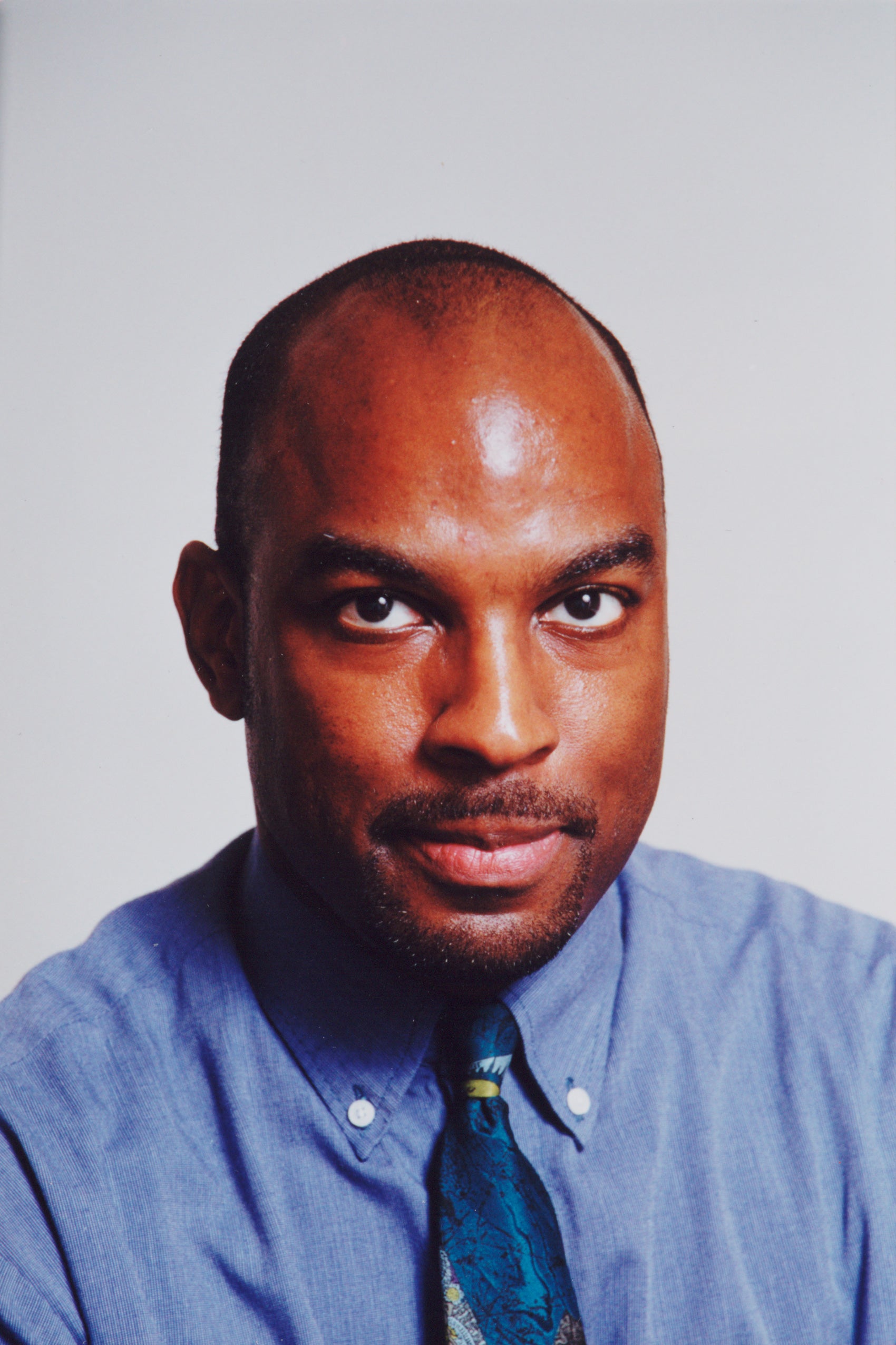The following op-ed, Even at Harvard, Obama had a knack for bonding with diverse people, written by Harvard Law School Professor Kenneth Mack ’91 , was published in the Harrisburg Patriot-News on February 17, 2008.
As Barack Obama campaigns for the Democratic nomination for president, one fact about him that stands out is his striking effect on people once they get to know him. In each of his last two political campaigns — first for a U.S. Senate seat and now for the nomination — he has had seemingly improbable success against better-known, establishment candidates because of his skill at building bonds with ordinary voters.
For me, it is a process that seems quite familiar, for I count myself among those who observed it quite early, when Barack and I were both students at Harvard Law School.
Barack was one of the first people I met nearly 20 years ago at Harvard, when I began my first extended sojourn outside of my native central Pennsylvania. We were in the same first-year section and became good friends during that year and the next two, when we served together on the editorial staff of the Harvard Law Review.
In those days, the law school was a contentious place, nicknamed “Beirut-on-the-Charles” (the Charles River flows through campus) by its detractors for the school’s pitched ideological battles among professors and, later, students.
A good bit of that reputation was exaggerated, but it remained a disconcerting place for someone like myself, raised in a state whose peculiar demographics so often seemed to produce politicians who confounded party and ideological labels.
From the beginning, Barack struck me as a person who confounded labels of every sort. He was only three years older than me and many of the other students, but he easily seemed a decade older. Most of us knew that he had been a community organizer in Chicago. Many people expected him to be interested mainly in urban politics, but the first impression he made was that of a worldly wise person who could talk as easily about national security and international relations as he could about tax relief and education policy.
Not surprisingly, one of his closest friends that year was someone who was much older than most of us and who had been an economics professor before coming to law school. Among an extraordinarily bright and deep group of students, Barack was perhaps the brightest and the deepest, but he wore his knowledge lightly and gave an impression of warmth and compassion that made him one of the most well-liked people in our class.
Then, of course, there was the question of race. It might have been easy for his classmates to see him as a “bound man,” as Shelby Steele has recently argued — imprisoned by a racial identity that America has thrust upon him. But that hardly describes the Barack Obama whom I got to know.
Certainly, he had chosen a racial identity as a black American when he could have done otherwise and was proud of it, but that never seemed to confine him. He had the unusual name, but the more one got to know him the more the name sounded, well, usual. He was biracial in origin, but most people figured that out only when he told them. He never gave the impression that he was either masking a “true” identity or the victim of some deep unresolved conflict.
Most people just saw him as Barack, a uniquely talented individual who knew exactly who he was and what he wanted to do in life. When I now see him scoring primary and caucus victories in states with very different racial demographics from one another — places like Iowa, South Carolina, Minnesota and Maine — I believe that this is what America sees as well.
What most of his classmates remember best about Barack’s time in law school was his election to the most prestigious student leadership position on campus — the presidency of the Harvard Law Review. The law review was sharply divided ideologically then, with political conflicts spilling over into personal ones. Like all of us, Barack had his own political views and made them known, but unlike most he usually did it in a way that put people of different viewpoints into a common conversation, and pushed them to get things done regardless of their differences.
One of my most vivid memories of the law review election process was of one student who strongly disagreed with much of Barack’s politics, but still pledged his firm support behind him. Indeed, it is a measure of his ability to bring us together that things fell apart only one year after Barack’s presidency ended, with political bickering reaching such heights that the law review was the subject of a well-known expose in a book on the school’s troubles.
When I think back on my law school friendship with Barack Obama, in many ways I feel as though I’ve come full circle. Last week, I had the honor of getting to know my hometown all over again when I returned to give a lecture in front of old friends and new.
It is with a deep sense of satisfaction that I reflect on the fact that in the coming months, my fellow Pennsylvanians will get to know Barack as well, and get a chance to discover those striking qualities that I first encountered when I met him two decades ago.
Kenneth W. Mack, a professor of law at Harvard Law School, attended Harrisburg High School and graduated from Central Dauphin East High School in 1982. He earned a bachelor’s degree in electrical engineering from Drexel University in 1987, graduated from Harvard Law School in 1991, and obtained a doctorate degree in history from Princeton University.
